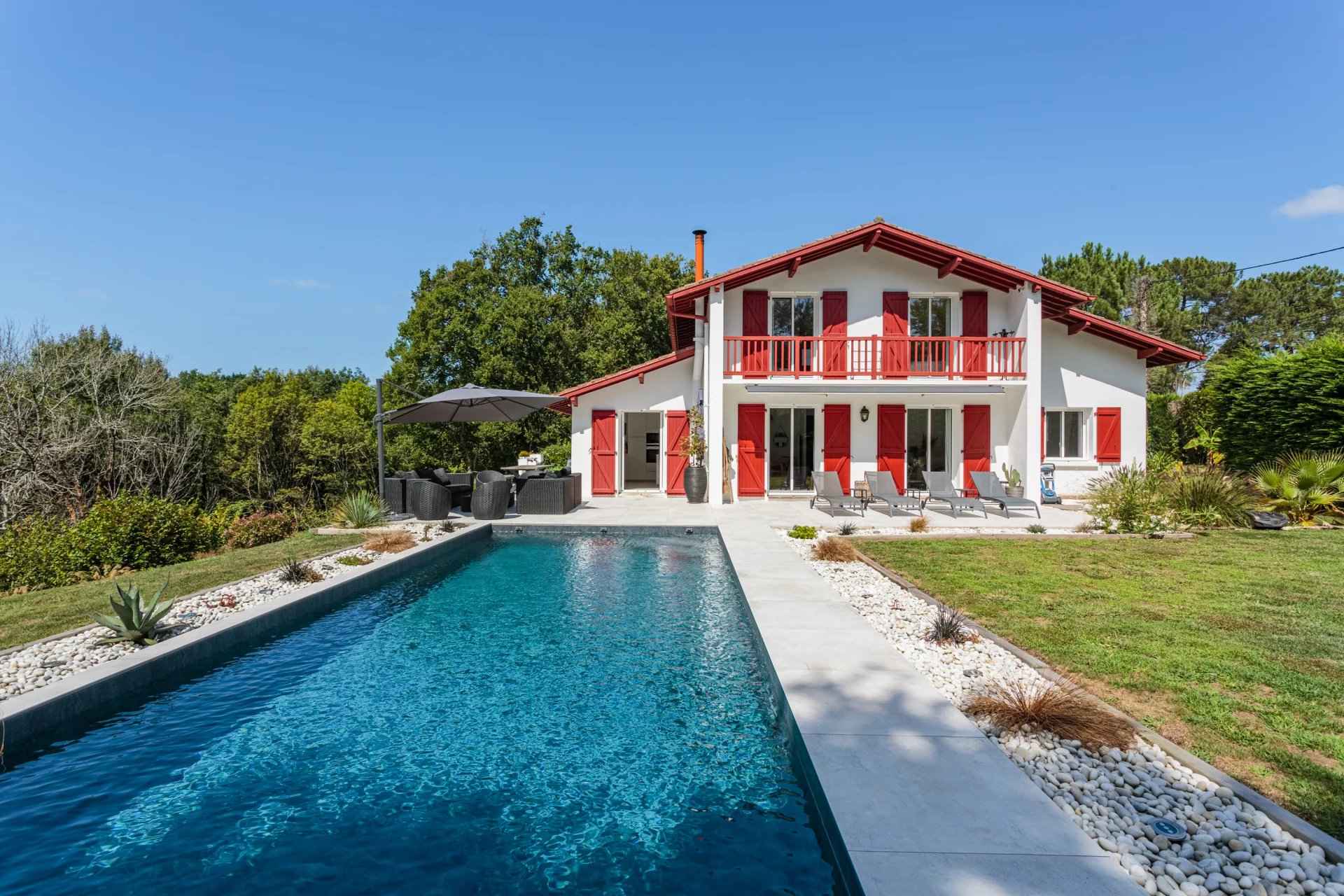2019-09-25
PFRC : All about the status of Professional Furnished Rental Company
Want to get started in professional furnished rental? Barnes tells you all about LMP status, its pros and cons.

The PFR status designates the professional furnished rental activity and distinguishes it from the non-professional furnished rental activity (LMNP). Income from PFR activity is subject to a slightly different tax rate from that applicable to income from non-professional activity: the treatment of deficits is notably more advantageous under PFR status than under Leaseback status.
PFR status, decryption
The General Tax Code (CGI) defines the status of Professional Furnished Rental Company according to three determining criteria:
The registration of at least one member of the tax household in the Trade and Companies Register (RCS) as a professional lessor
Annual income from the activity exceeding 23,000 euros
· Income from the activity which represents more than 50% of the total income of the tax household.
These three conditions must be met to be considered as a professional rental company. Otherwise, the status of the lessor will remain that of LMNP.
A short guide to investing in PFRs
The investment in PFR can pass simply, as for the investment LMNP, by the acquisition then by the letting of a good located in a residence of services. The choice of the method of holding the property, directly, in the form of SARL, SCI, EURL or SNC, raises more questions.
The direct ownership and management of the property makes it possible to benefit from the PFR tax system while avoiding the constraints and complexity of creating a company or business, this is all the more valid for luxury real estate. On the other hand, it involves managing the rental of furnished property alone, on an individual basis: a situation that can be difficult when several properties are concerned.
The PFR, no more than the LMNP, is not compatible with the tax status of an SCI: the income from the rental activity would then be subject to corporate tax and not to income tax , effectively canceling the tax advantages of the statute. The particularity of the PFR statute is indeed to allow the imputation of deficits on the overall income: within an SCI, this imputation would not be possible and the income from the activity would find itself taxed in a double manner: both on the sums distributed to the partners of the SCI and within the company.
The family LLC, on the other hand, allows income tax to be applied instead of corporation tax. The result of the activity will be taxed for each partner in the same way as for direct ownership of property. In the case of a family SARL, it is in fact the tax rules for Industrial and Commercial Profits (BIC) that apply. The creation of a family LLC is subject to a few conditions: only parents and children in direct line, brothers and sisters, as well as spouses and partners of PACS can be associated in a family LLC; the activity carried out must finally be exclusively commercial.
The sole proprietorship and EURL also allow to benefit from the tax advantages of the PFR status. One will choose one or the other according to other criteria such as those of the associated social system, possible transmission projects or specific management constraints.
The SNC also makes it possible to take advantage of the tax advantages of the PFR status, but it is not always compatible with the parallel activities that associates may have (regulated functions and civil servant status in particular). The associates of an SNC are also subject to social contributions specific to the status of trader.
The allocation of deficits to overall income
The great advantage of the PFR status lies in the possibility of charging the deficit of your rental activity against your overall annual income. This charge can be made without limit of amount, on the income of the current year, but also of the 6 following years. The only condition being that the deficits in question do not originate from depreciation operations.
This possibility of charging deficits to overall income is what most clearly distinguishes the PFR status from the LMNP status. The status of non-professional furnished landlord only allows deficits to be charged to non-professional income falling under Industrial and Commercial Profits (BIC).
The possibility of attributing deficits to overall income is lost permanently when the lessor loses his professional status.
As with the LMNP status, the quality of a professional furnished rental company makes it possible to depreciate property whose value falls due to wear and aging. The amount will then be deducted from the rental income after the deductible charges have been removed. It goes without saying that the depreciation within the framework of the professional furnished rental cannot aim to create a deficit.
The advantages and disadvantages of PFR status
The main advantages of the PFR status lie in the security of the commercial lease, in the possibility of tax exemption for part of the income received, in particular thanks to the depreciation of the property, and in the possibility of exercising the option to VAT on certain goods.
The major drawbacks of the statute are its very strict conditions for obtaining it, and the risk of an insufficient rate of occupation of the property.


